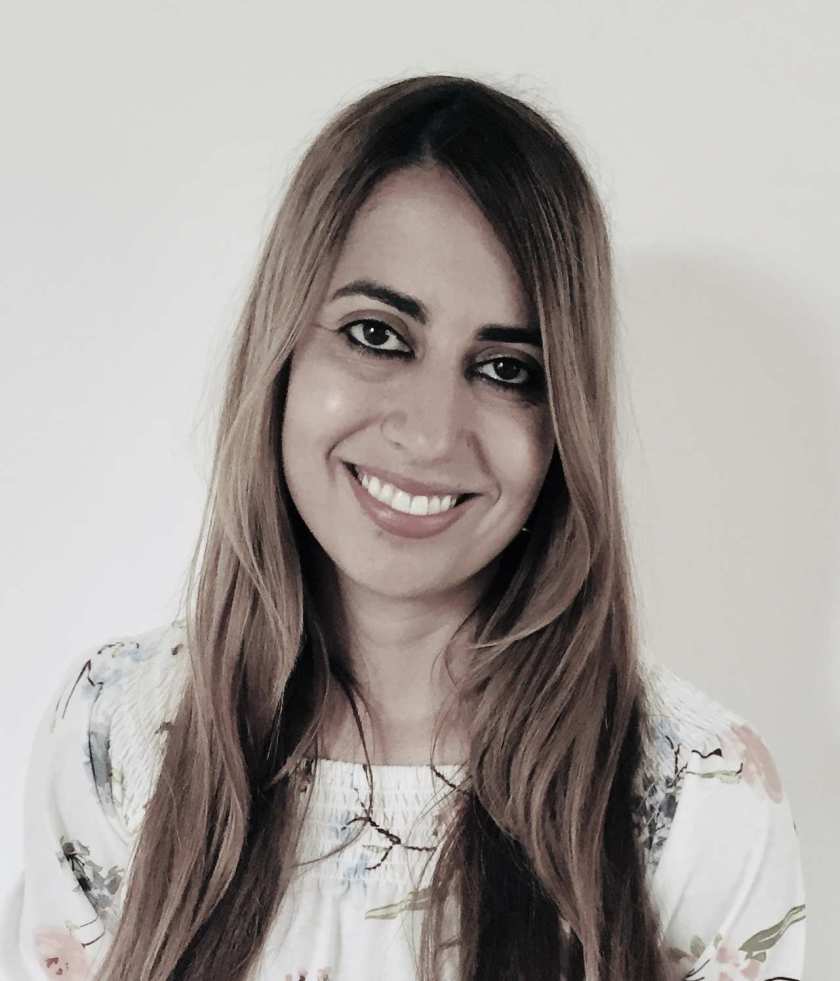Editor’s Note: This interview in our Feminist Giving IRL series features Kris Kepler, CEO of mobile hygiene pioneer LavaMaeX, which brings hygiene and other critical services to the unhoused.
1. What do you wish you had known when you started out in your profession?
I left my corporate job over three years ago to work in the non-profit sector. I craved a role in social impact, I wanted to give more, and I’ve never looked back.

When I started, I wish I would have known the power of embracing failure, saying “I tried my best,” being okay with it and not defeated by it. I have learned to look at those moments with curiosity and optimism and know that failure brings great opportunity for change both personally and professionally.
Read More









